One of the main reasons for a nasty smell coming from your bathroom sink could be a clogged drain. When hair, soap scum, and other debris build up in your drain, it can create a blockage that traps bacteria and leads to unpleasant odors. If you notice the water draining slowly or hear gurgling noises when you use your sink, you may have a clog that requires professional plumbing help.1. Clogged Drain
If you detect a bad smell that resembles rotten eggs, it could be sewer gas coming from your bathroom sink. This gas is produced by decomposing waste and can enter your home through cracks or gaps in your sewer line. It's important to address this issue immediately, as sewer gas can be harmful to your health. A plumber can locate and seal any leaks in your sewer line to eliminate the odor.2. Sewer Gas
Another potential cause of a foul smell in your bathroom sink is mold growth. If you notice a musty odor, it could be a sign of mold growing in your sink's drain or overflow pipe. Mold thrives in warm, damp environments, making your bathroom sink an ideal breeding ground. A thorough cleaning with a mold-killing product can help eliminate the smell and prevent future growth.3. Mold Growth
The accumulation of bacteria in your bathroom sink can also contribute to a disgusting smell. Over time, bacteria can grow in the organic matter that collects in your sink, resulting in a putrid odor. Regularly cleaning your sink with a disinfectant cleaner can help keep bacteria at bay and prevent unpleasant smells from developing.4. Bacteria Buildup
Your bathroom sink is connected to a vent pipe that allows air to escape, preventing air pressure from building up in your plumbing system. If this vent pipe becomes blocked or clogged, it can cause odors to linger in your bathroom. A plumber can use specialized tools to clear any blockages and restore proper ventilation to your sink.5. Blocked Vent Pipe
If you use your bathroom sink to wash dishes or dispose of food scraps, bits of food can get trapped in your drain and start to decompose. This can lead to a smelly sink that can be difficult to get rid of. To prevent this, make sure to use a sink strainer to catch any food particles and regularly clean your sink and drain with a mixture of hot water and vinegar.6. Decomposing Food
If you notice a musty smell coming from your bathroom sink even when you're not using it, it could be a sign of leaking pipes. Over time, pipes can develop cracks or gaps that allow water to escape and create damp, stagnant areas where bacteria and mold can grow. A plumber can inspect your pipes and repair any leaks to eliminate the odor.7. Leaking Pipes
Another potential cause of a nasty odor coming from your bathroom sink is standing water. If you don't use your sink frequently, the water in the drain trap can dry out and allow sewer gas to enter your home. To prevent this, run water down your sink regularly or pour a small amount of vegetable oil into the drain to create a barrier and keep the water from evaporating.8. Standing Water
The P-trap is a curved section of pipe located underneath your sink that traps debris and prevents sewer gas from entering your home. If this trap becomes old or damaged, it can allow odors to escape into your bathroom. A plumber can replace your P-trap with a new one to eliminate any smells coming from your sink.9. Old or Damaged P-Trap
If your bathroom doesn't have proper ventilation, it can cause a bad smell to linger and spread throughout your home. Without adequate air flow, moisture can accumulate and create the perfect environment for mold and bacteria to grow. Make sure your bathroom has a functioning vent fan and open a window when using the sink to help eliminate any smells. Overall, a nasty smell coming from your bathroom sink can be caused by a variety of factors. By addressing these issues promptly and regularly maintaining your sink, you can keep your bathroom smelling fresh and clean. If the problem persists, don't hesitate to call a professional plumber for assistance.10. Inadequate Ventilation
Dealing with a Nasty Smell Coming from Your Bathroom Sink

Understanding the Cause
 If you've noticed a
nasty smell coming from your bathroom sink
, you're not alone. This common household problem can be caused by a variety of factors, such as stagnant water, food particles, or mold and mildew buildup. Not only is the smell unpleasant, but it can also be a sign of potential plumbing issues. Therefore, it's important to address the issue as soon as possible to keep your bathroom smelling fresh and clean.
If you've noticed a
nasty smell coming from your bathroom sink
, you're not alone. This common household problem can be caused by a variety of factors, such as stagnant water, food particles, or mold and mildew buildup. Not only is the smell unpleasant, but it can also be a sign of potential plumbing issues. Therefore, it's important to address the issue as soon as possible to keep your bathroom smelling fresh and clean.
Cleaning Your Sink Drain
 One of the first steps to take in getting rid of the
smell coming from your bathroom sink
is to thoroughly clean the drain. Start by removing any visible debris or hair using a pair of tweezers or a drain snake. Then, pour a mixture of hot water and vinegar down the drain to help loosen and remove any built-up grime. Let it sit for a few minutes before flushing it out with hot water. For tougher clogs, you may need to use a commercial drain cleaner or call a professional plumber for assistance.
One of the first steps to take in getting rid of the
smell coming from your bathroom sink
is to thoroughly clean the drain. Start by removing any visible debris or hair using a pair of tweezers or a drain snake. Then, pour a mixture of hot water and vinegar down the drain to help loosen and remove any built-up grime. Let it sit for a few minutes before flushing it out with hot water. For tougher clogs, you may need to use a commercial drain cleaner or call a professional plumber for assistance.
Deodorizing Your Sink
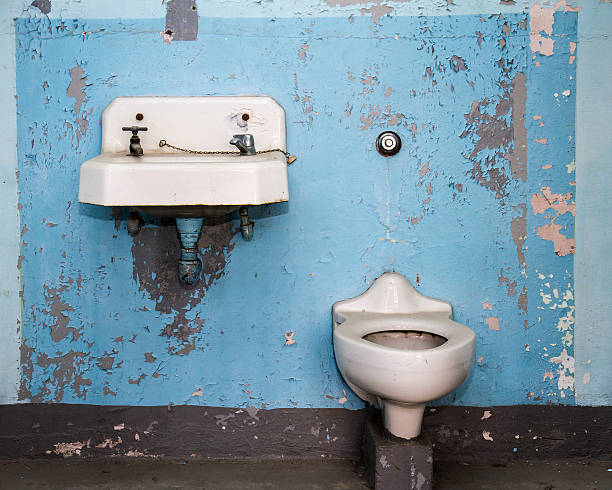 Once the drain is clean, the next step is to deodorize your sink. You can use natural remedies such as baking soda or lemon juice to help neutralize any remaining odors. Simply sprinkle baking soda down the drain, followed by a cup of vinegar. Let it sit for a few minutes before flushing it out with hot water. Alternatively, you can cut a lemon in half and run it through the disposal to give your sink a fresh citrus scent.
Once the drain is clean, the next step is to deodorize your sink. You can use natural remedies such as baking soda or lemon juice to help neutralize any remaining odors. Simply sprinkle baking soda down the drain, followed by a cup of vinegar. Let it sit for a few minutes before flushing it out with hot water. Alternatively, you can cut a lemon in half and run it through the disposal to give your sink a fresh citrus scent.
Preventing Future Smells
 To avoid dealing with a
nasty smell from your bathroom sink
in the future, it's important to practice good maintenance habits. Make sure to regularly clean your sink and drain, and avoid putting any foreign objects down the drain that could cause clogs. You can also pour a cup of hot water down the drain once a week to help keep it clear and prevent odors from building up.
To avoid dealing with a
nasty smell from your bathroom sink
in the future, it's important to practice good maintenance habits. Make sure to regularly clean your sink and drain, and avoid putting any foreign objects down the drain that could cause clogs. You can also pour a cup of hot water down the drain once a week to help keep it clear and prevent odors from building up.
With these tips, you can easily get rid of the nasty smell coming from your bathroom sink and keep your bathroom smelling fresh and clean. However, if the smell persists or you notice other plumbing issues, it's best to consult a professional plumber for further assistance.








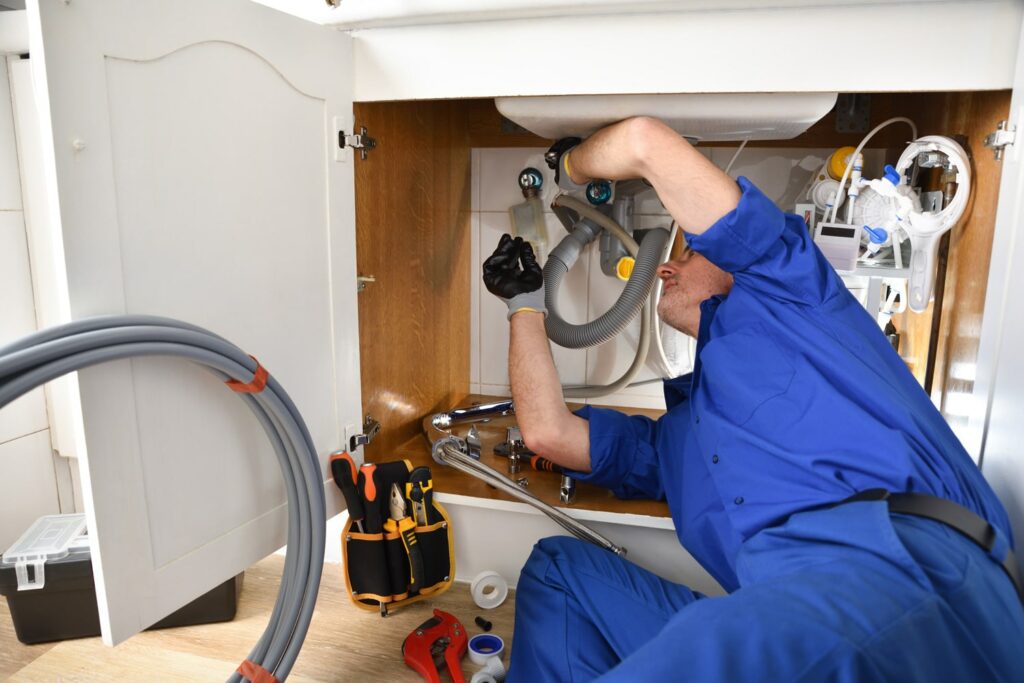





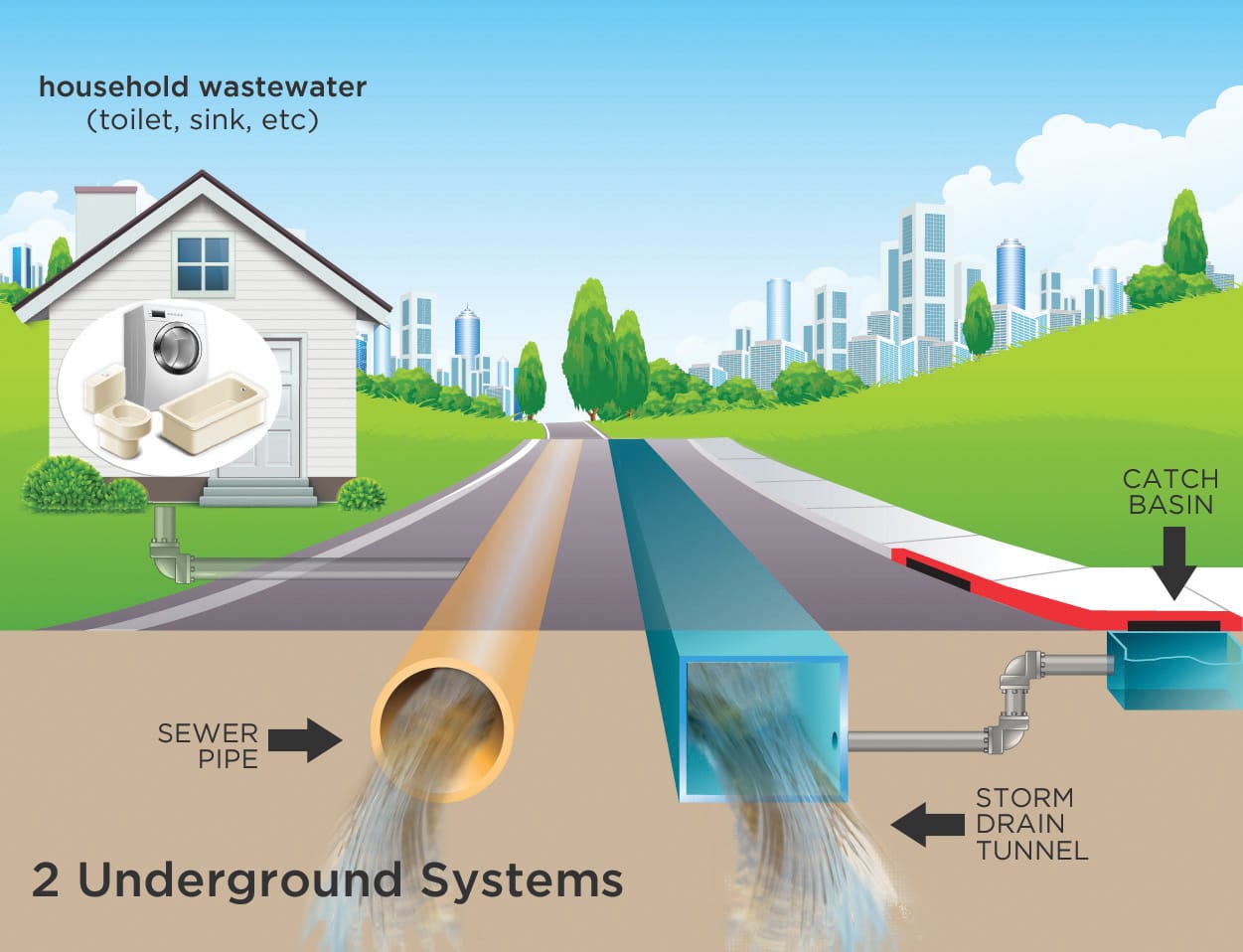
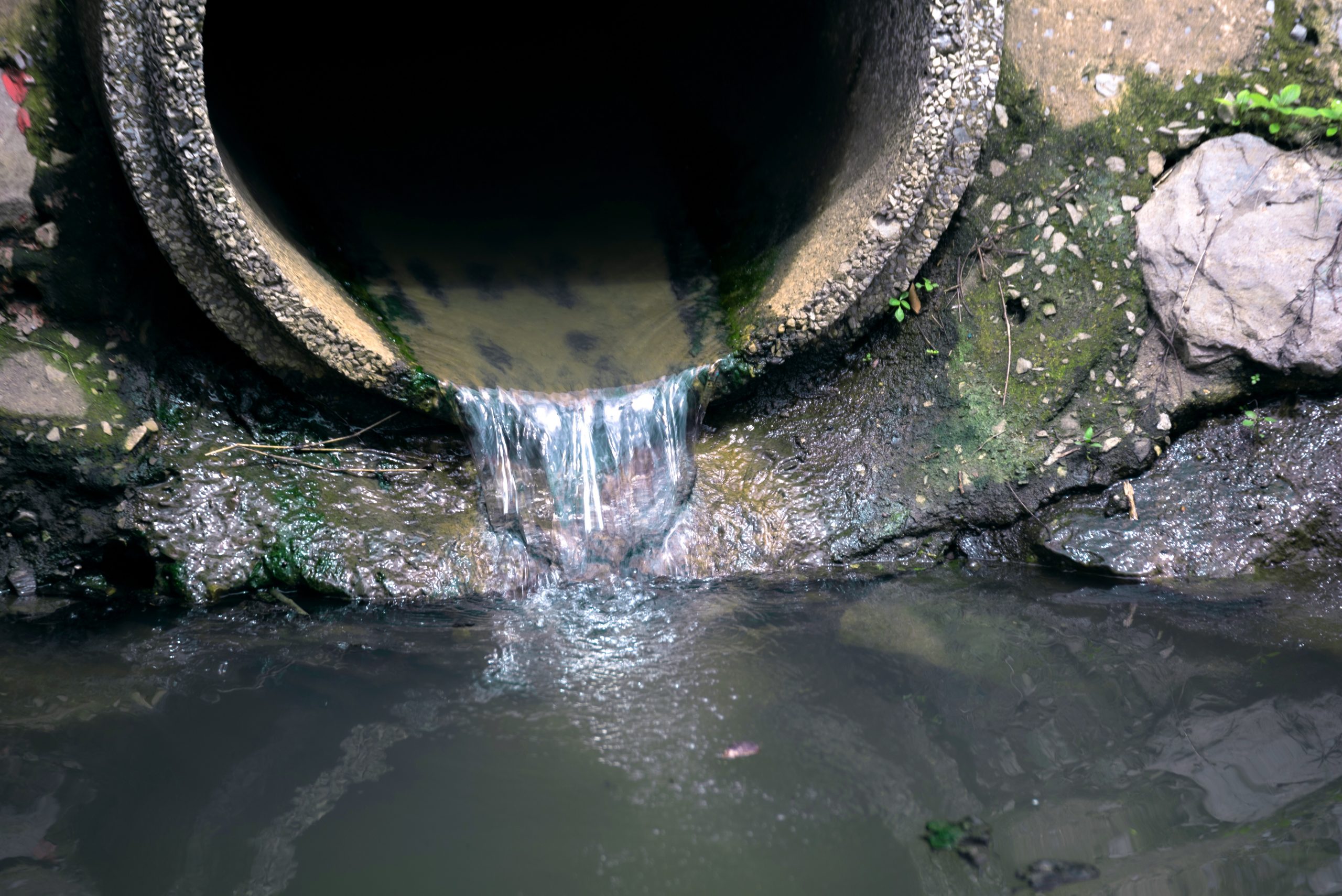

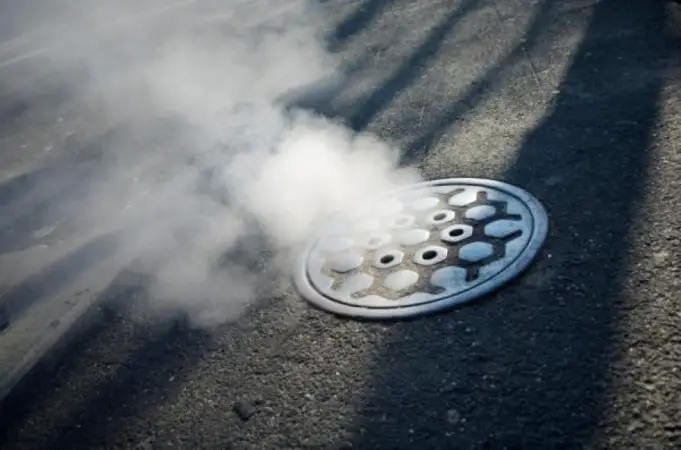
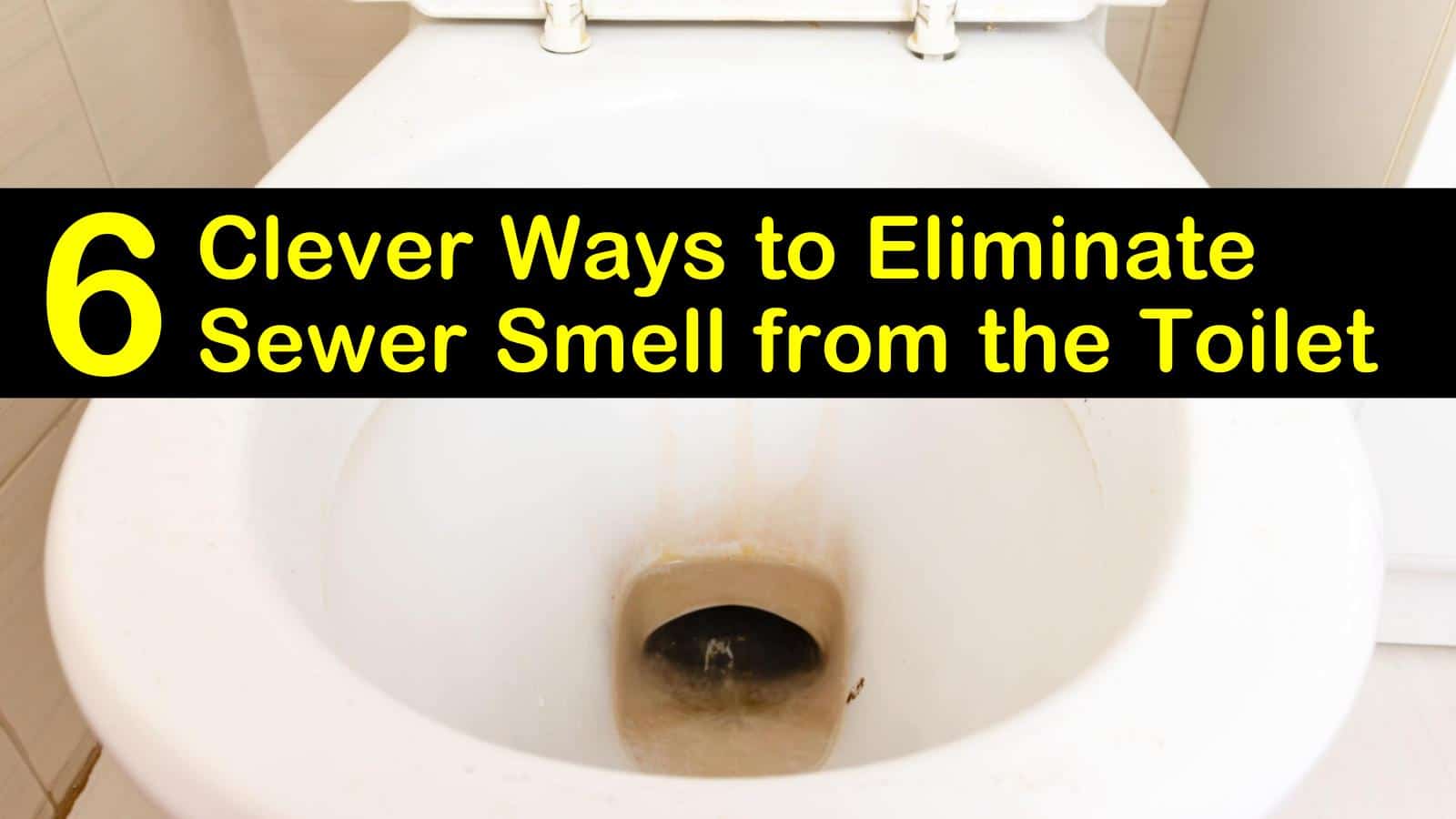






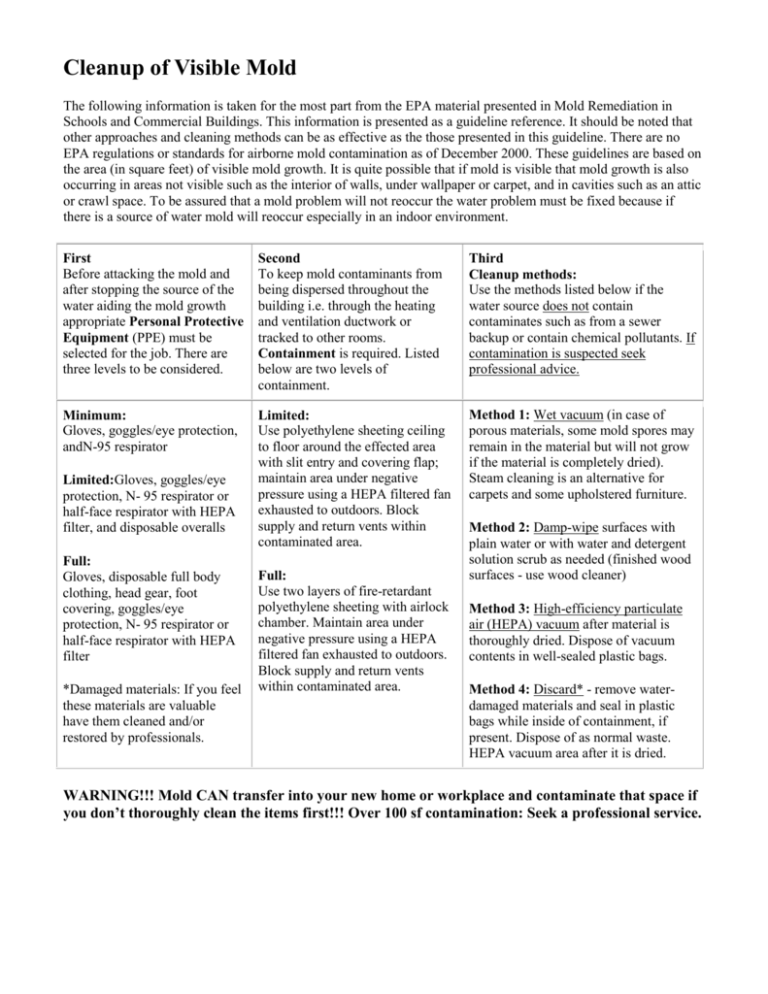



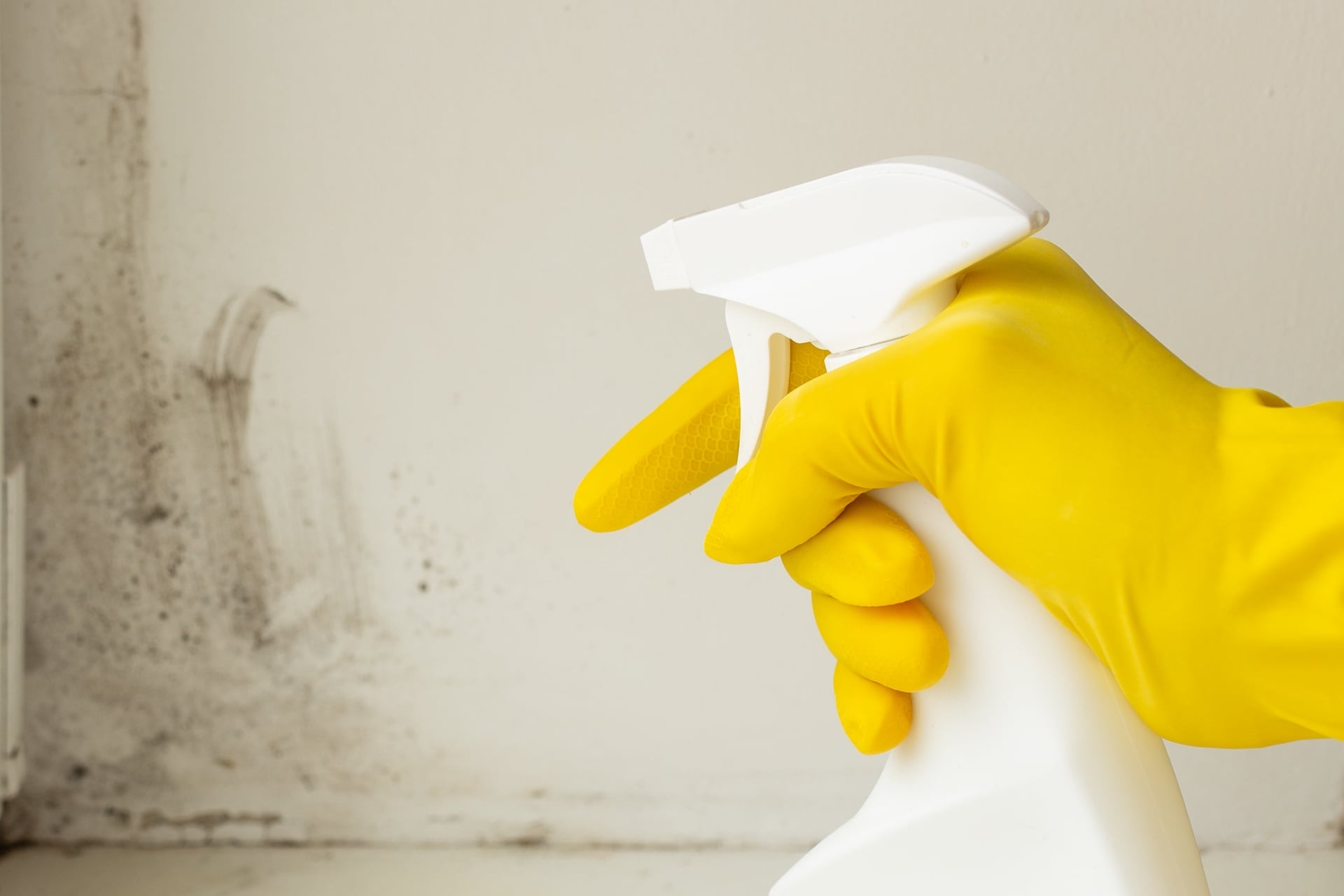
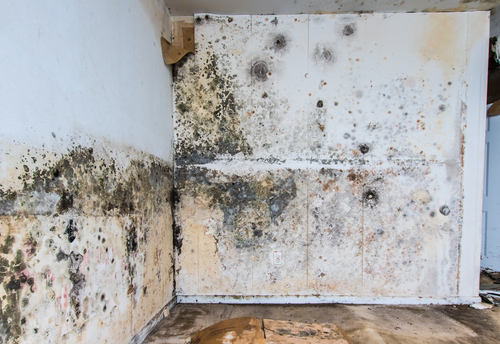

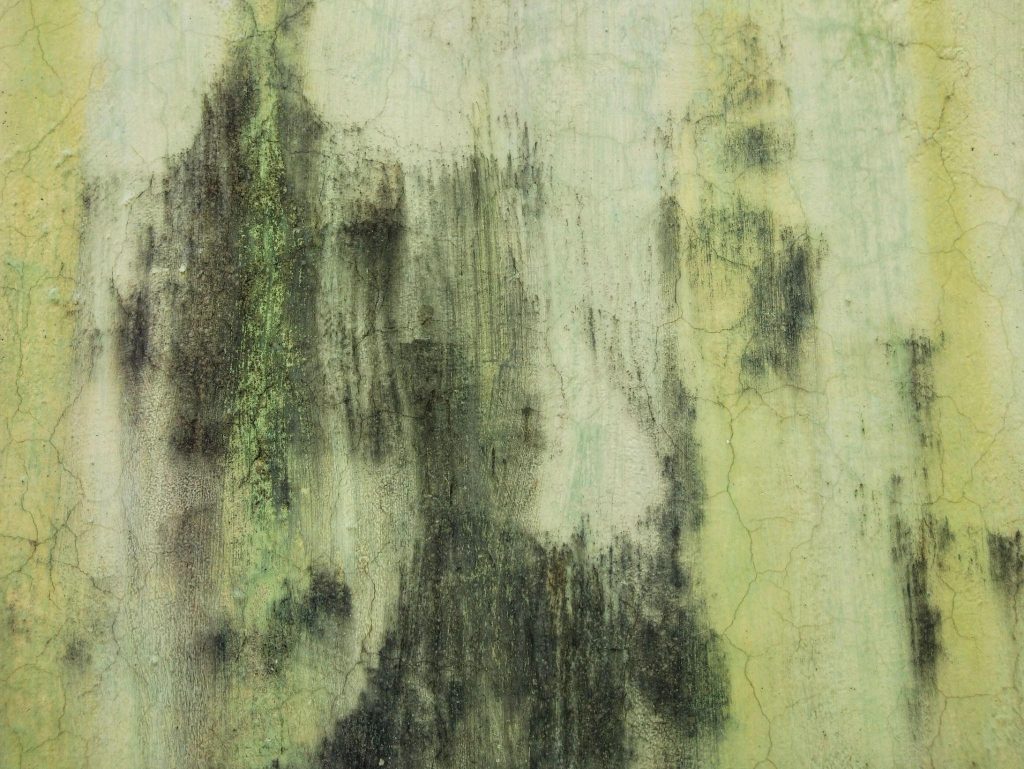













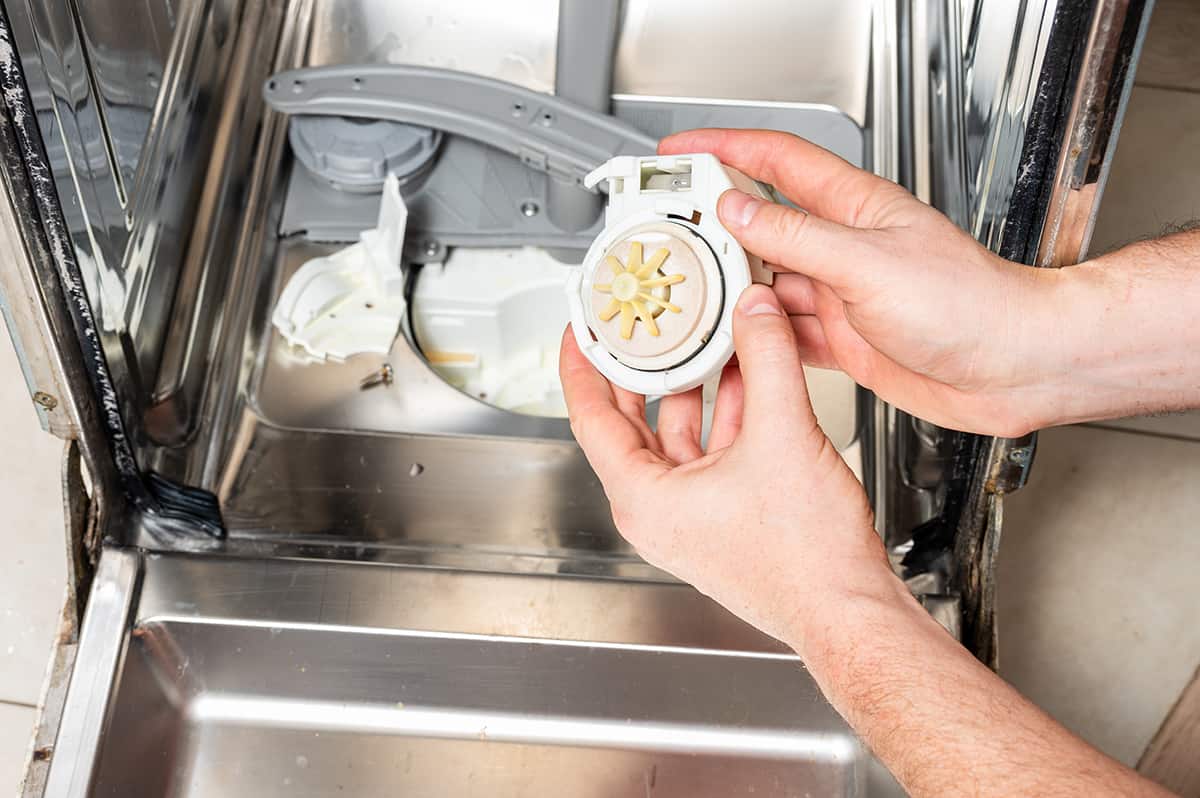
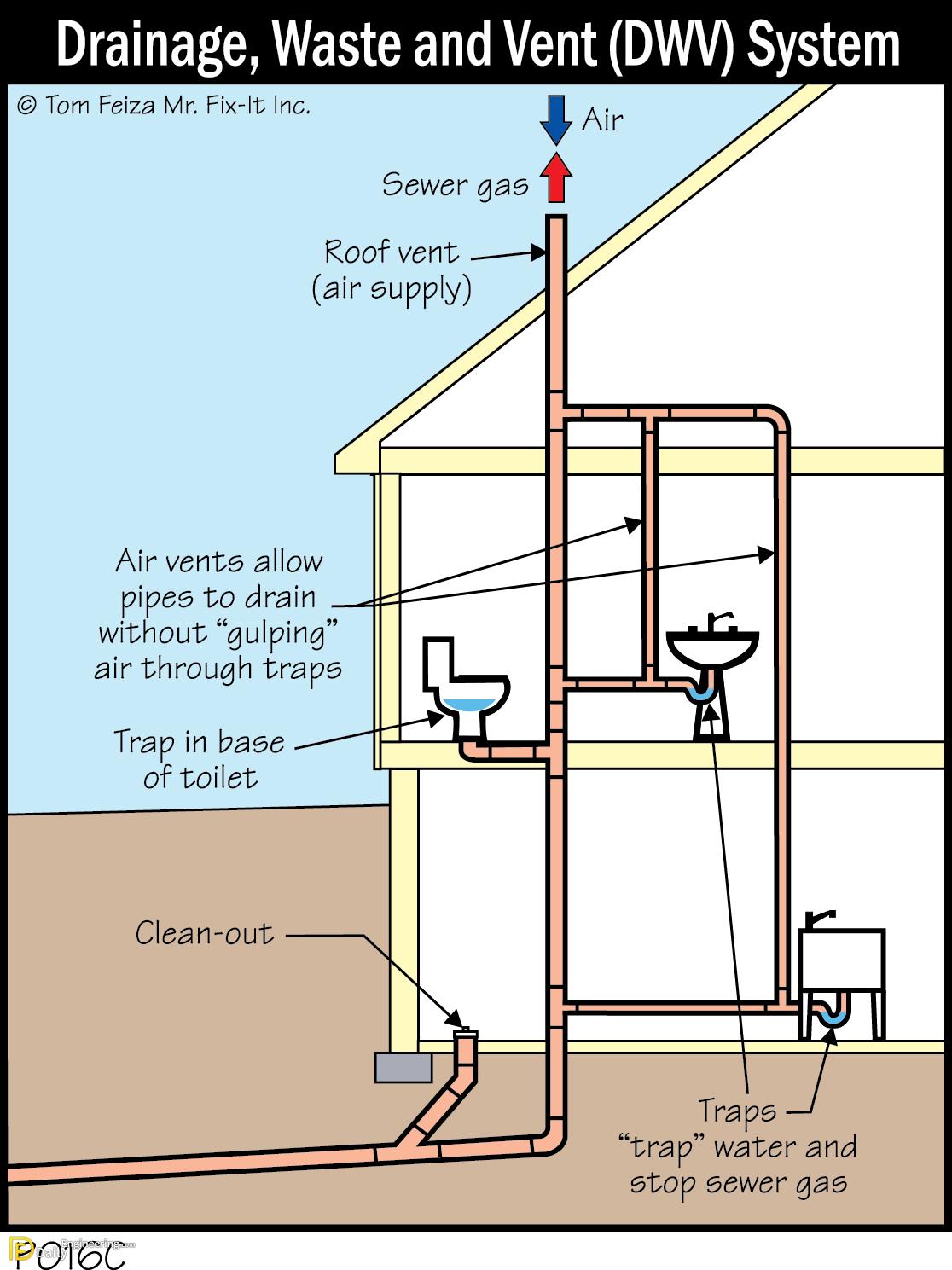

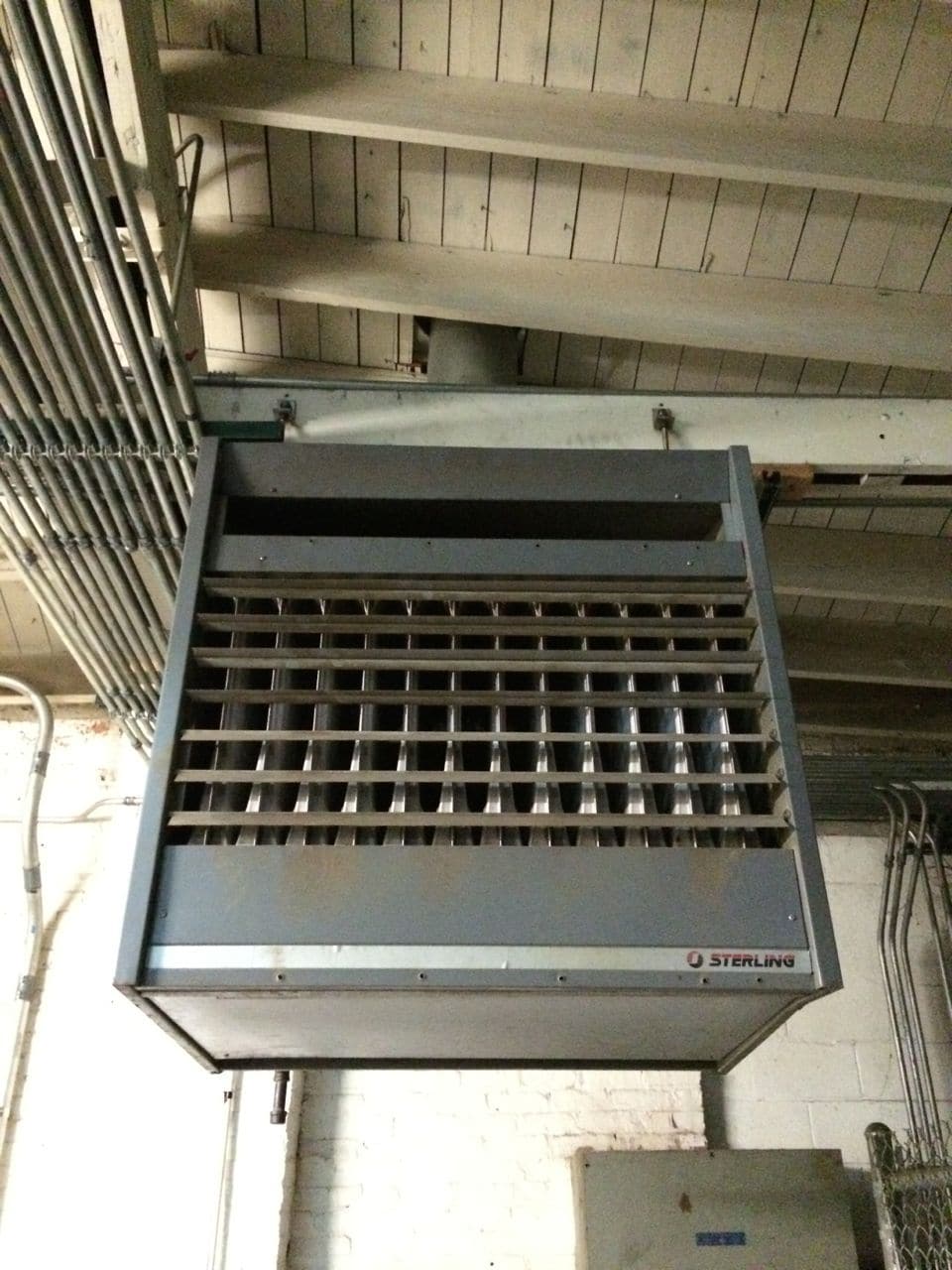
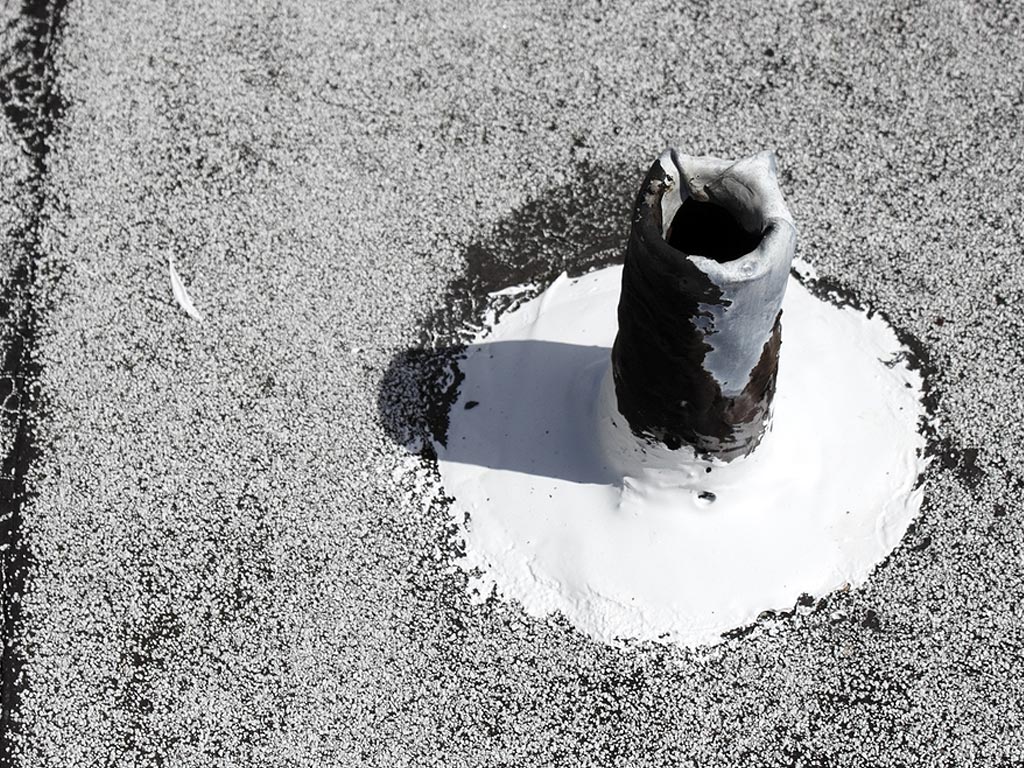


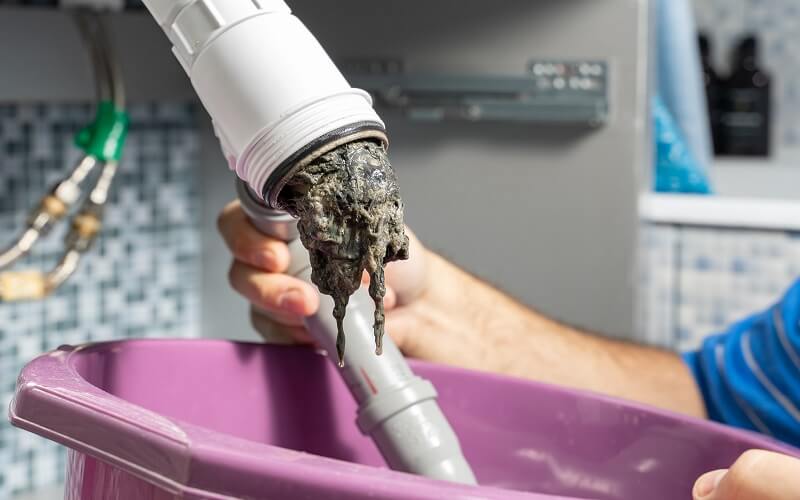


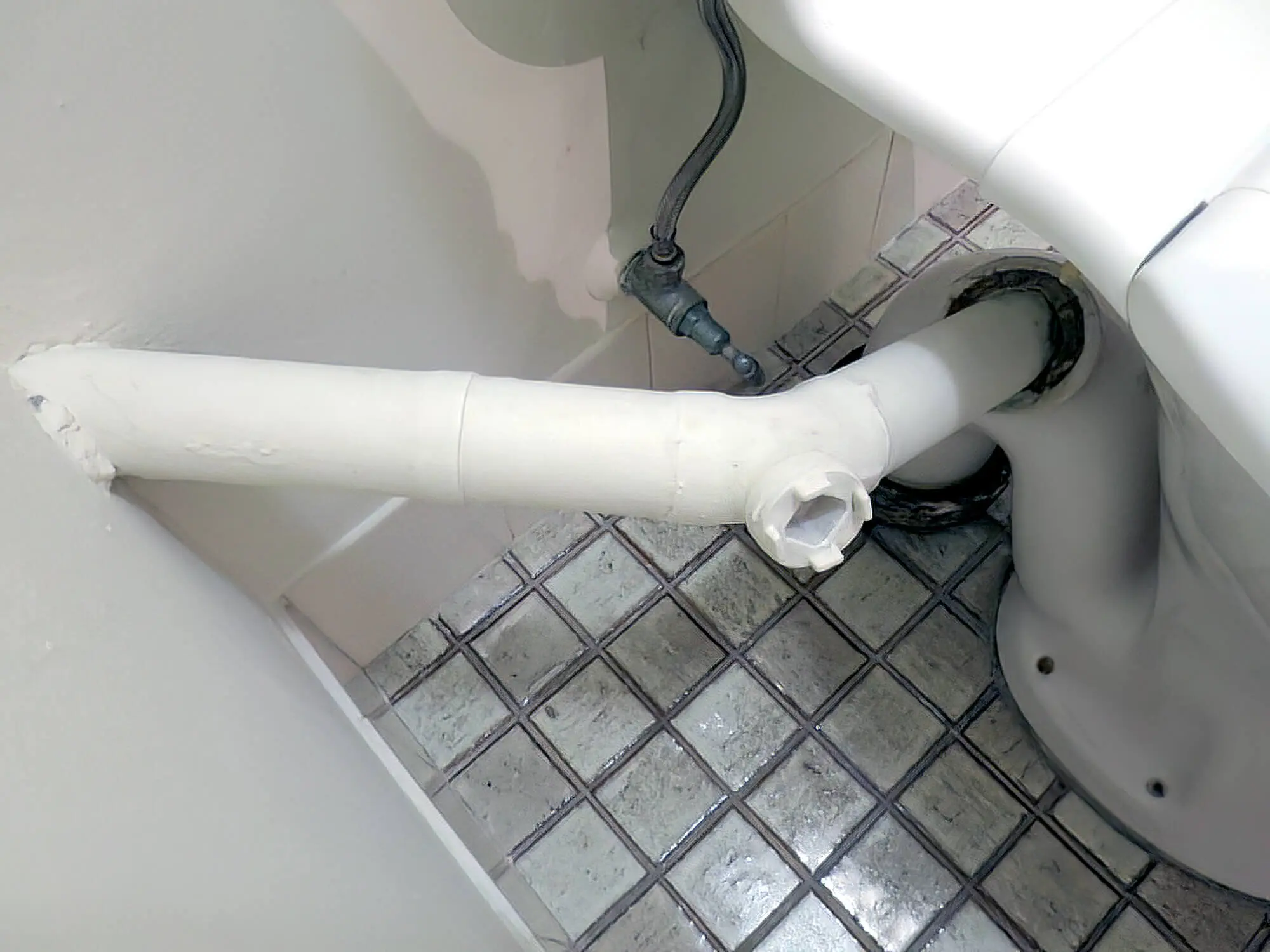




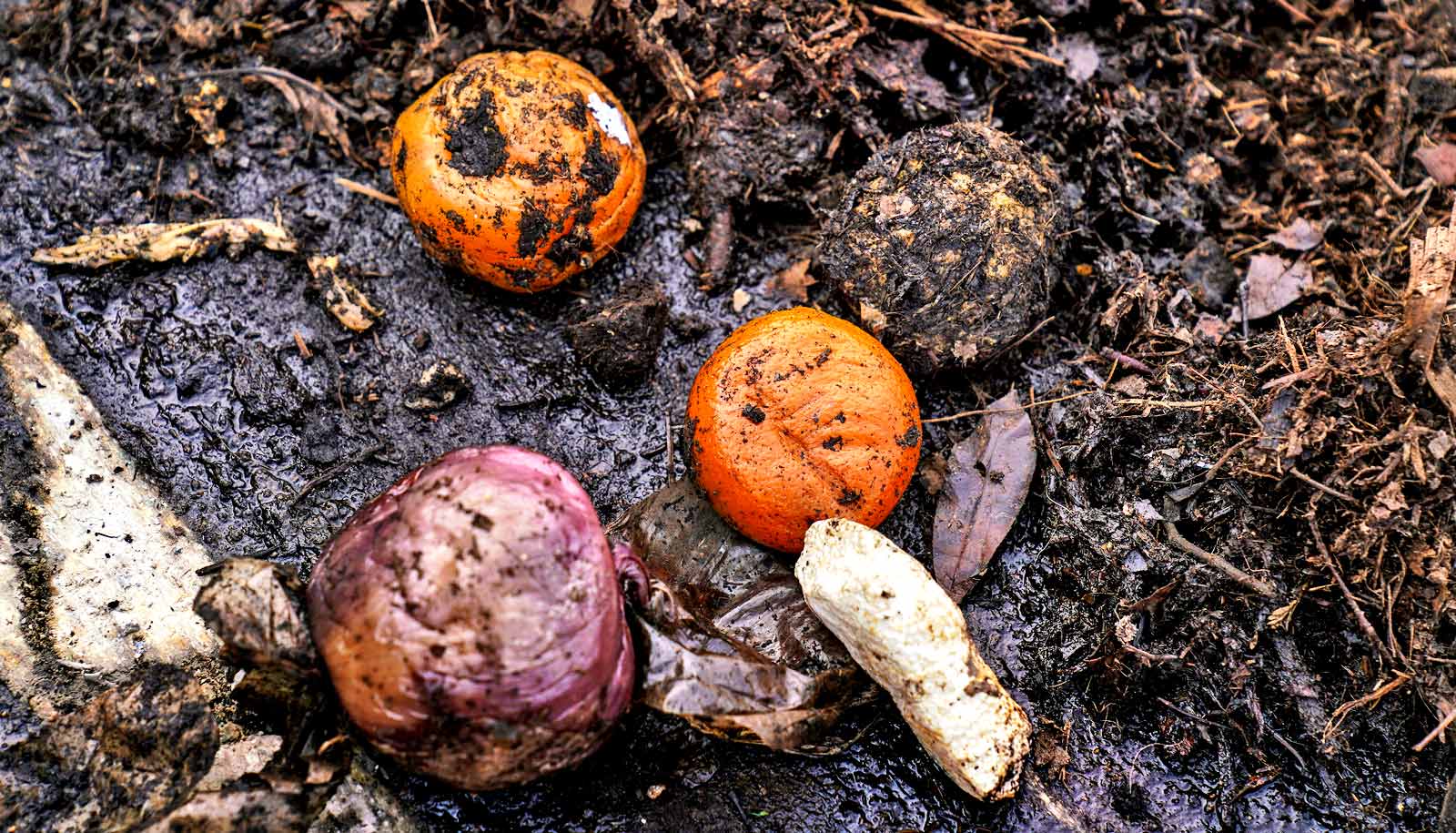
:max_bytes(150000):strip_icc()/food-waste-GettyImages-1131417684-ea82aab383364538ae2711678fbcafbb.jpg)











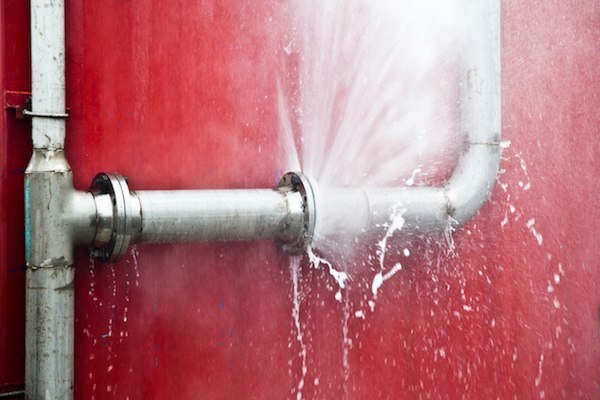
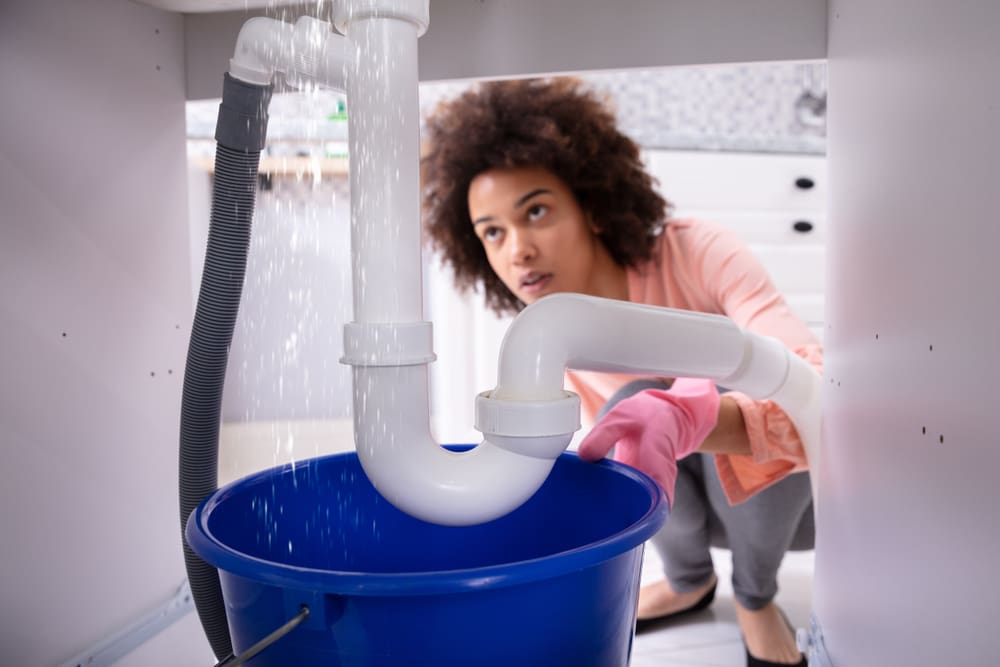

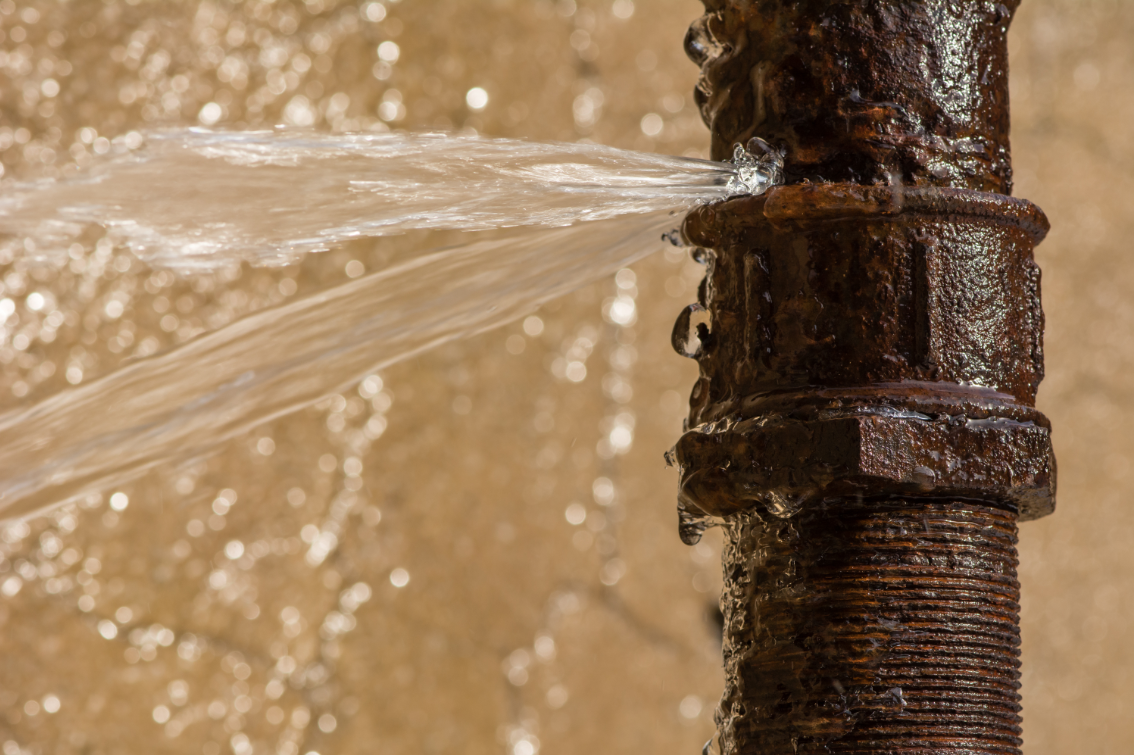
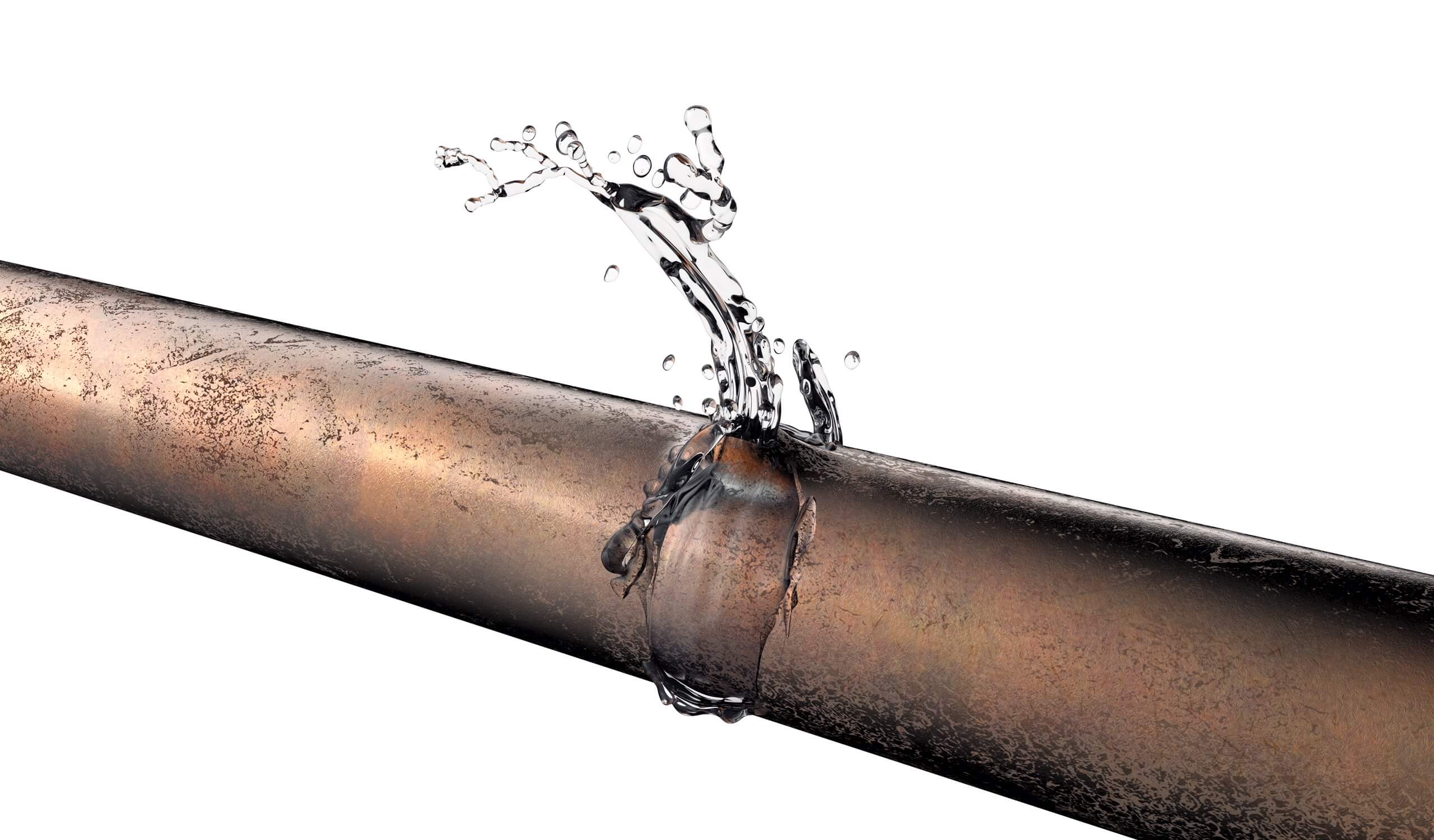
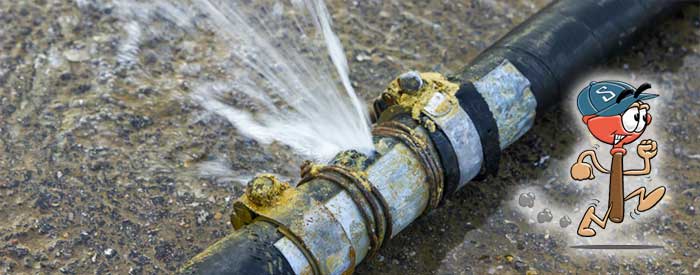



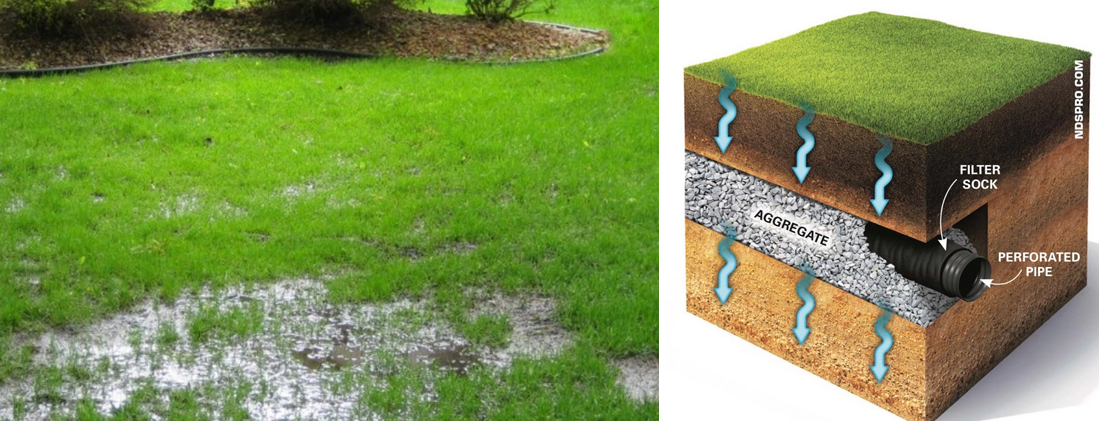

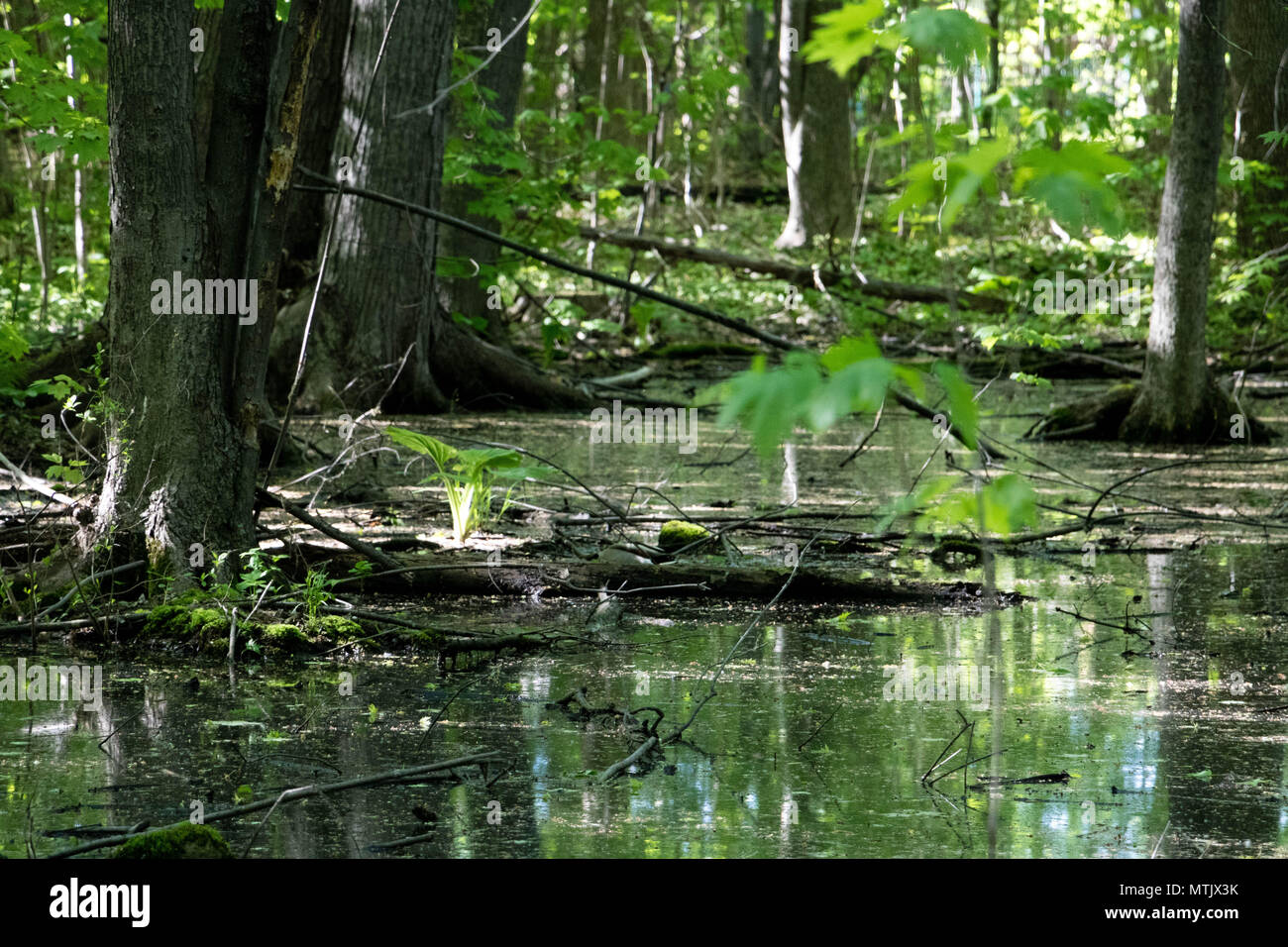

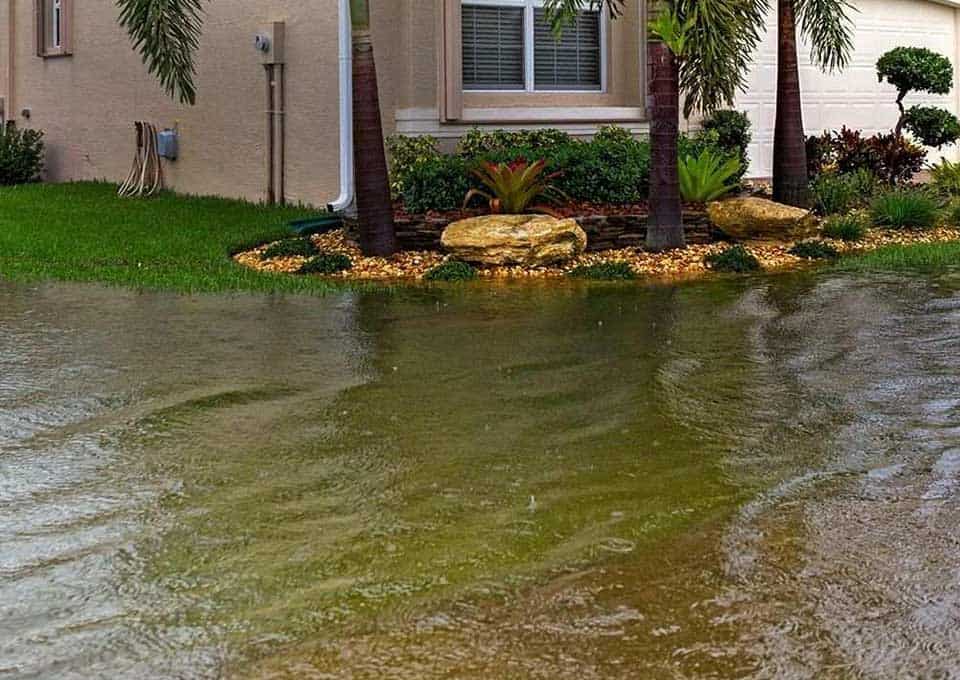

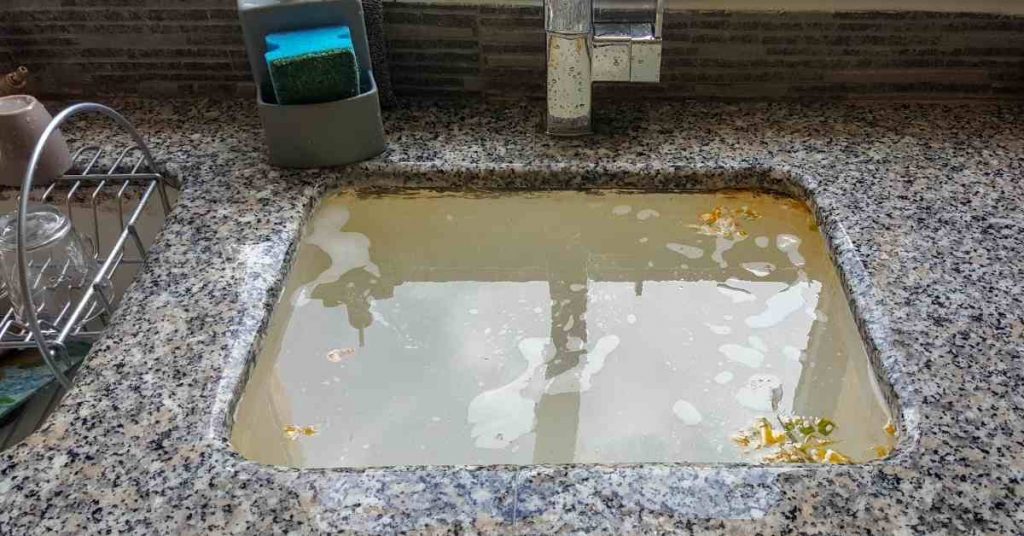






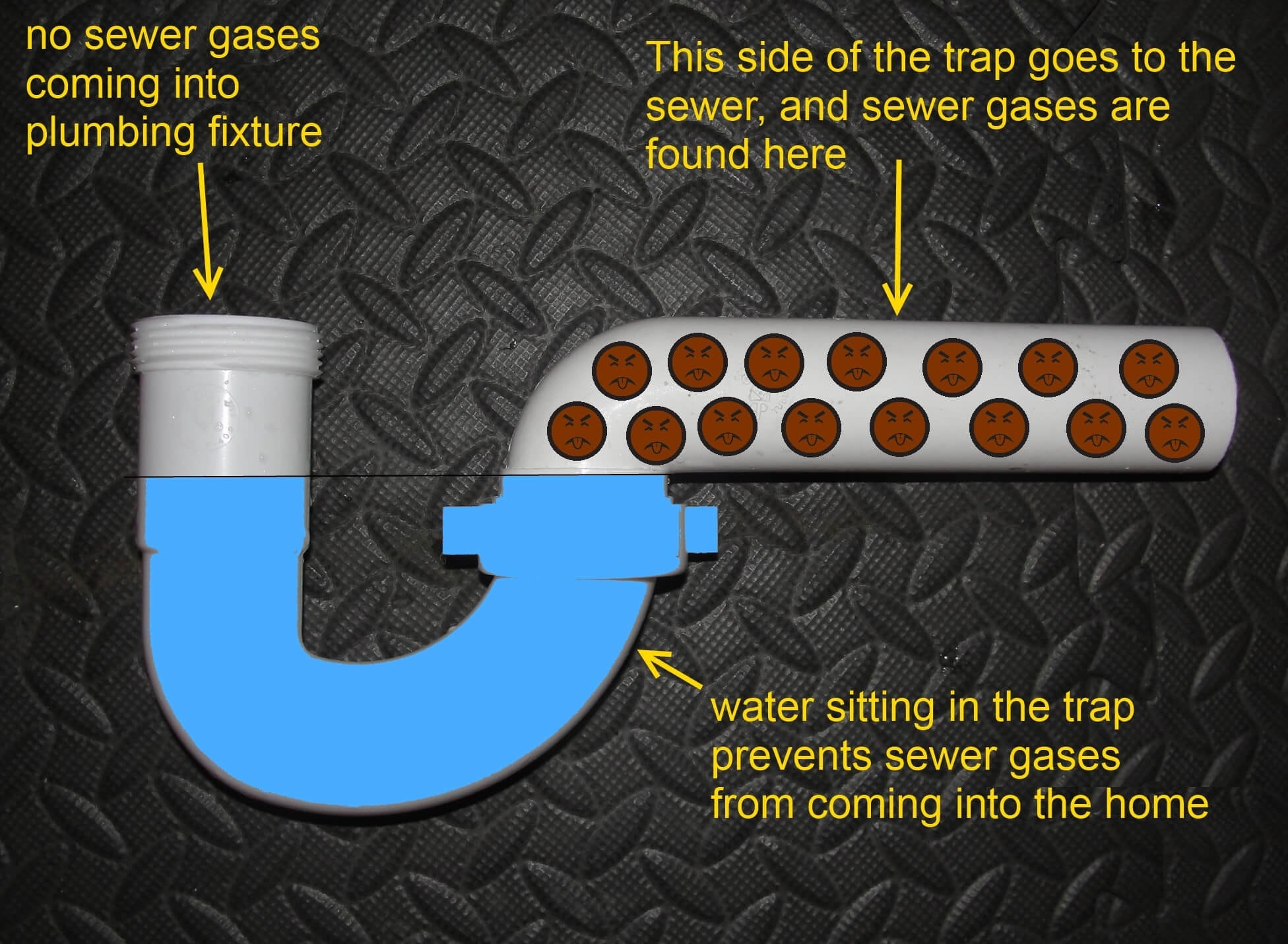


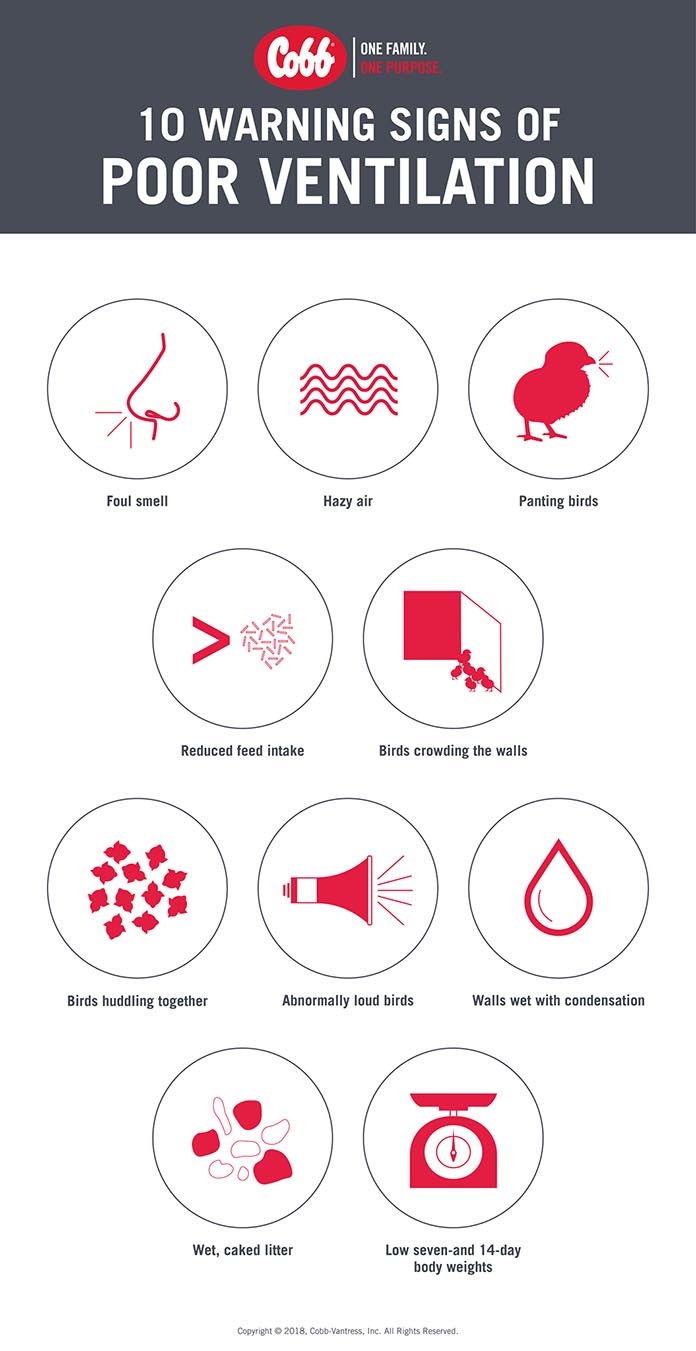
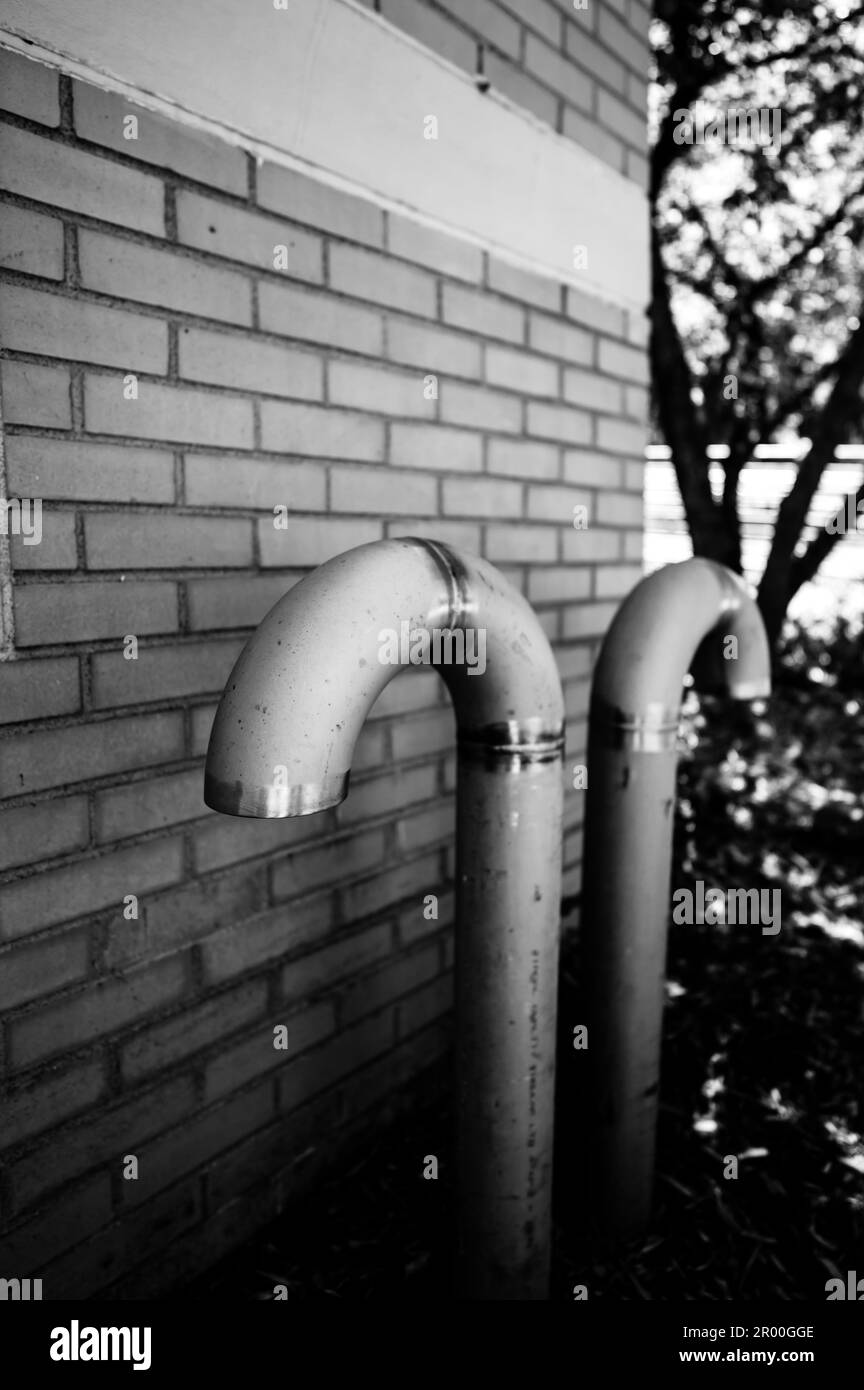

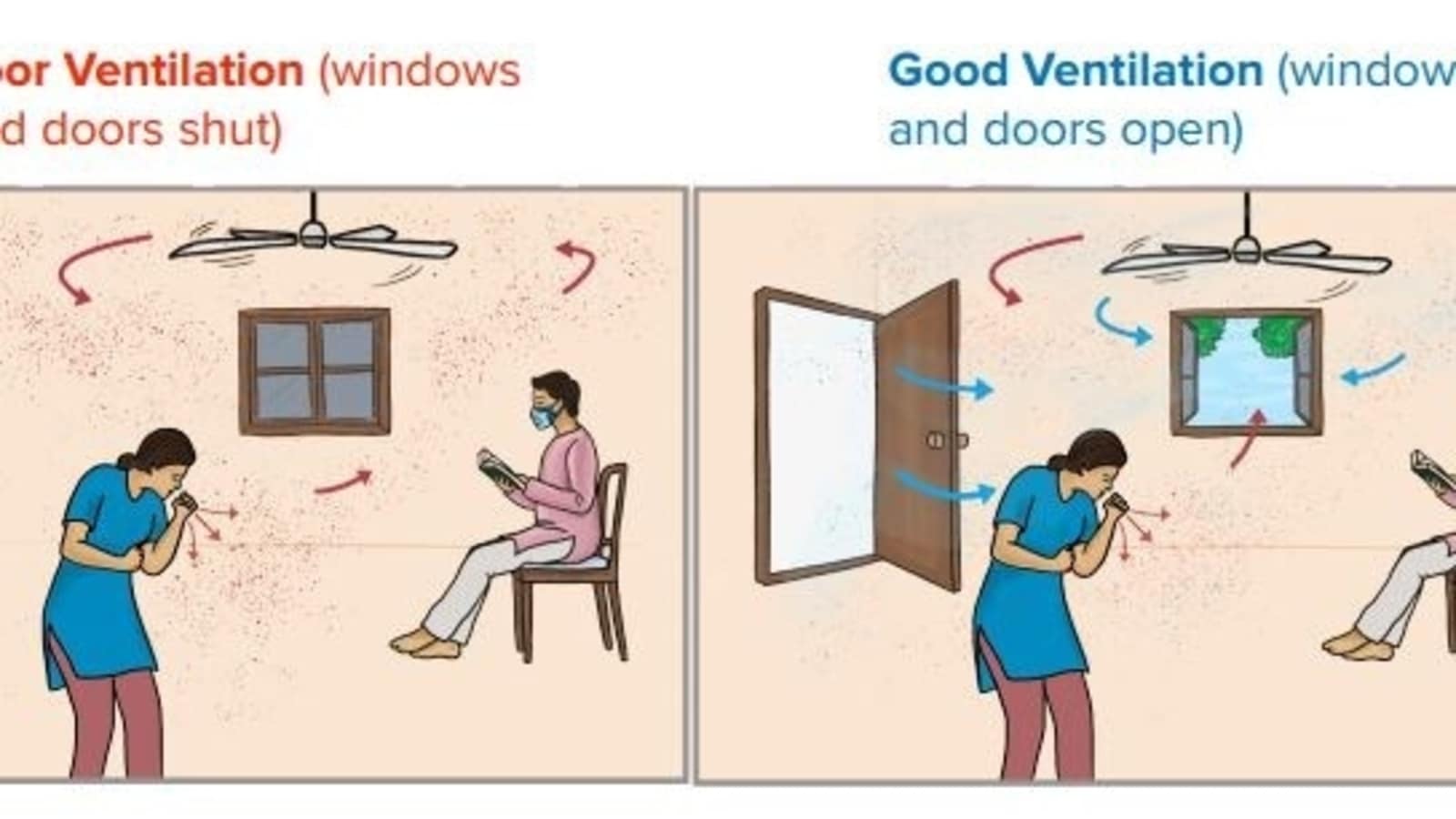
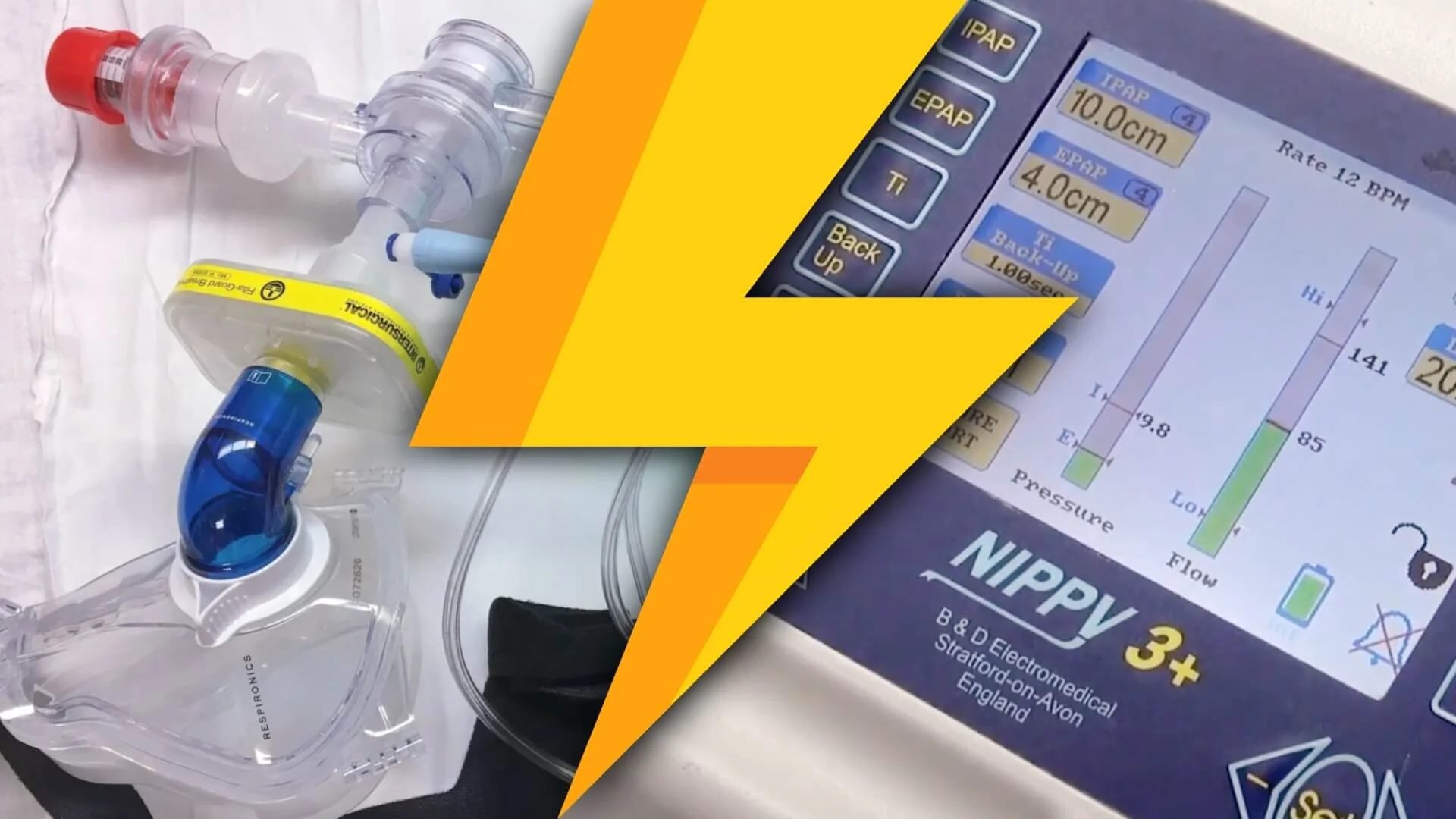+(banner).jpg)












